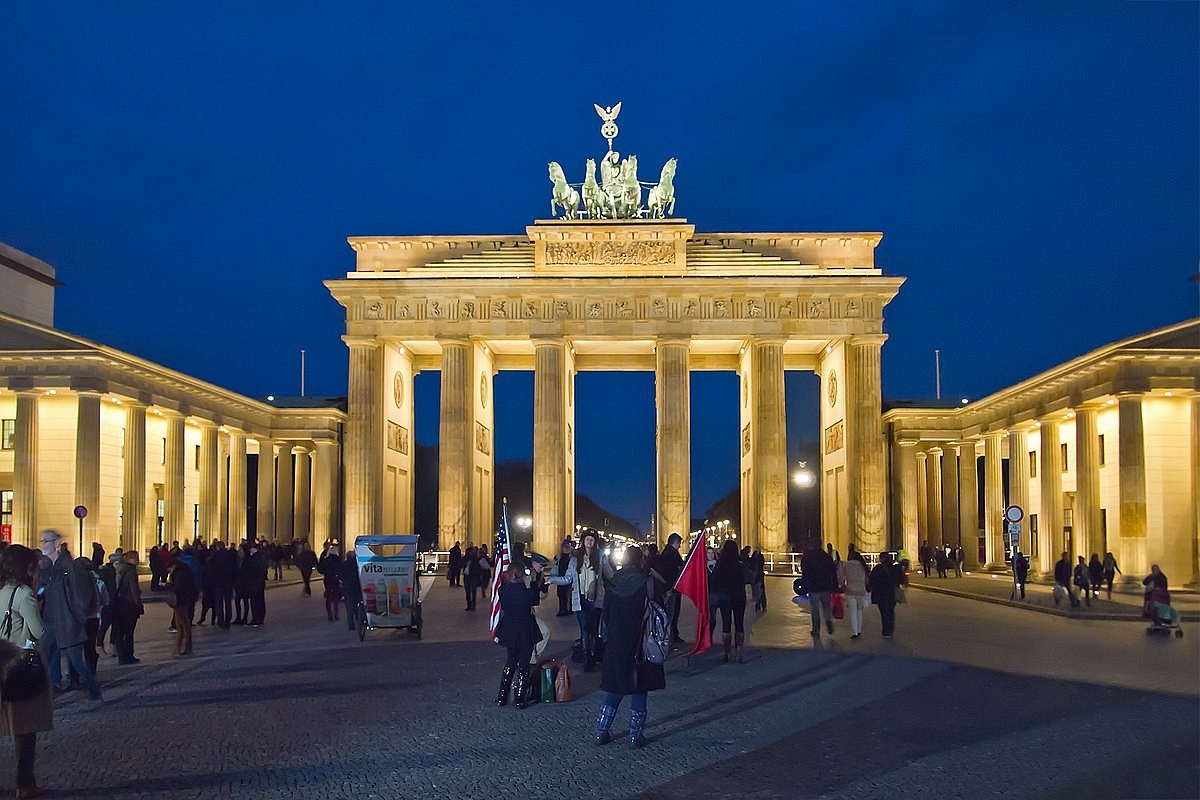World
Explained: Why Is Germany's Energy Bailout Facing Criticism From EU Nations
- Critics of Germany’s bailout believe that Berlin did not coordinate its response to the energy crisis with its European partners properly.

Germany is under fire for energy bailout.
The European Union (EU) is facing internal division again — this time as a result of Germany’s bailout of its energy sector, which is worth 200 billion euros.
Spain and Belgium are the latest countries to criticise Germany’s bailout.
Berlin’s plan is similar to a proposal that the UK government is aiming to implement. The goal is to shield homes and businesses from surging gas prices.
Shielding them completely will not be possible so the attempt is to protect the consumers and businesses partially. Countries in the UK are concerned that Germany’s move will distort energy markets in Europe.
Belgium Prime Minister Alexander De Croo warned that, "imbalances in 'fiscal spending' between member states are 'dangerous'.”
He added that it risks "degrading the European single market, because everyone is just doing their own thing", according to the Financial Times.
In a separate interview Spain’s Prime Minister Pedro Sanchez said the single market must not be allowed to “break apart”.
Hungarian Prime Minister Viktor Orban went to the extent of terming Berlin’s scheme “cannibalism”, and Italy’s outgoing Prime Minister Mario Draghi said that Germany’s energy bailout risked dividing the bloc “according to the space in national budgets”.
Germany’s Deputy Chancellor has responded to the criticism by saying that the bailout is necessary as Germany is Europe’s biggest economy and if Germany suffers, all of Europe will suffer.
“If Germany were to experience a really deep recession, it would drag the whole of Europe down with it. We’re not being selfish — we’re trying to stabilise an economy at the heart of Europe,” he said to the Financial Times.
Critics of Germany’s bailout believe that Berlin did not coordinate its response to the energy crisis with its European partners properly.
Germany's response to the energy crisis has provided relief to German consumers who are suffering from a spike in energy prices and an inflationary economy.
Two EU commissioners, Thierry Breton and Paolo Gentiloni, believe that Germany’s bailout might fragment the internal market and set up a race to the bottom in which each EU member state will be competing with the other in providing subsidies.
This, they argue, questions “the principles of solidarity and unity that underpin our European project,” as per a piece they wrote for the Irish Times.
Many European nations are questioning if the principle of solidarity between EU member states is even a reality or just a figment of imagination. These EU nations have not forgotten Germany banning exports of medical protection gear during the Covid-19 pandemic.
German Chancellor Olaf Scholz has argued that the criticism is unjustified. “France does it on a large scale, largely by subsidising state-owned companies. The German programme fits in with all of that quite well.”
There is a risk that other EU member states adopt similar measures and ask the European Central Bank to accommodate their borrowing.
The criticism against Germany is particularly sharp because it has often portrayed itself as the responsible state in the EU and quite frequently criticised other EU nations for borrowing too much.
Diplomats of several EU member nations believe that Berlin’s use of its fiscal firepower whilst other EU nations struggle, clashes with efforts of forging a more unified EU response against Russia.
A top advisor to Italy’s Giorgia Meloni, who is all set to be the prime minister, gave an insight into how Italy’s new prime minister views Berlin’s energy bailout.
“It is an act, precise, deliberate, not agreed, not shared, which undermines the reasons for the union”.
This is the latest example of the fact that nations remain the primary actors in the world and that the EU project is little more than a protectionist cabal aimed at resisting America’s economic dominance.
Introducing ElectionsHQ + 50 Ground Reports Project
The 2024 elections might seem easy to guess, but there are some important questions that shouldn't be missed.
Do freebies still sway voters? Do people prioritise infrastructure when voting? How will Punjab vote?
The answers to these questions provide great insights into where we, as a country, are headed in the years to come.
Swarajya is starting a project with an aim to do 50 solid ground stories and a smart commentary service on WhatsApp, a one-of-a-kind. We'd love your support during this election season.
Click below to contribute.
Latest